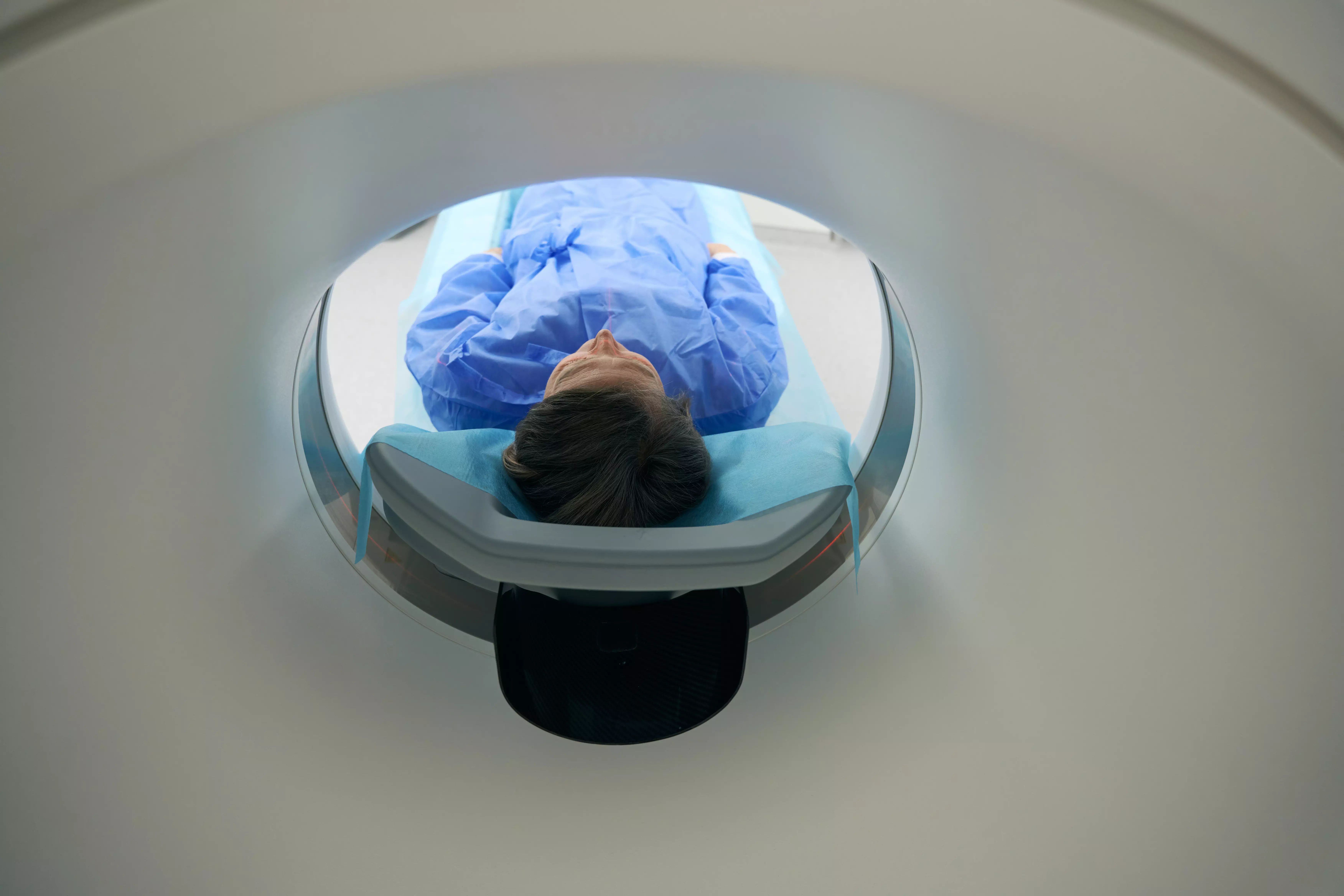Potential side effects and complications of radiation therapy
Radiation therapy is one of the primary treatments for cancer, but like any medical therapy, it comes with certain side effects and possible complications. Below are the most important of these.
General side effects of radiation therapy
Side effects of radiation therapy depend on a number of factors, including the type and location of the cancer, the radiation dose, the length and number of radiation therapy sessions, and the patient's overall health. The following are the most common general side effects.
Fatigue
Fatigue is one of the most common side effects of radiation therapy. It can be caused by both the therapy and the stress of cancer diagnosis and treatment. Fatigue associated with radiation therapy usually increases over time and can last up to several weeks after treatment ends.
Changes on the skin
Radiation therapy often causes skin changes on the area that is being irradiated. These can manifest as redness, itching, dryness, cracking of the skin or scarring. These side effects usually pass after treatment ends, but in some cases scarring may remain.
Loss of appetite
Loss of appetite is often seen in patients undergoing radiation therapy. It can be caused by both side effects of treatment and stress.

Side effects depending on the area of treatment
Depending on the area of the body undergoing radiation therapy, different specific side effects may occur.
Radiotherapy to the head and neck
Radiation therapy applied to the head and neck region can lead to swallowing problems, dry mouth, loss of taste, toothache, difficulty speaking or hearing loss.
Radiotherapy to the chest
Radiation therapy to the chest area can lead to breathing difficulties, coughing, chest pain, skin changes and heart problems.
Radiotherapy to the abdomen and pelvis
Radiation therapy to the abdominal and pelvic areas can lead to nausea, vomiting, diarrhea, constipation, abdominal pain, skin changes or fertility problems.
Late side effects of radiation therapy
Some of the side effects of radiation therapy can appear even years after the end of treatment. These can include, for example, fertility problems, heart problems or secondary cancers caused by radiation.
How to deal with side effects?
The most important thing is to regularly inform your doctor about any side effects that occur during and after treatment. Many of them are possible to alleviate with additional medications or dietary changes. In addition, emotional support is extremely important during cancer treatment and can help you cope with side effects.
In summary, radiation therapy is a powerful tool in the fight against cancer, but like any medical therapy, it has its side effects. Monitoring and managing these effects is an important part of cancer treatment that helps patients survive this difficult process and recover.

Add comment